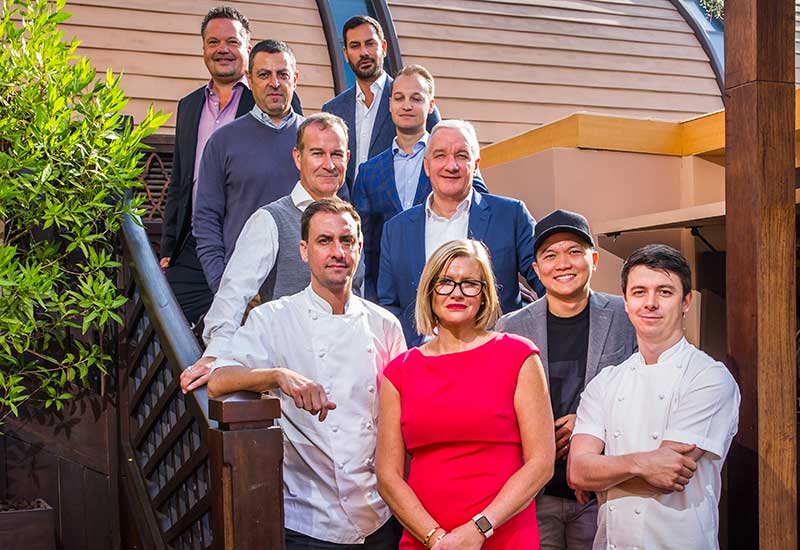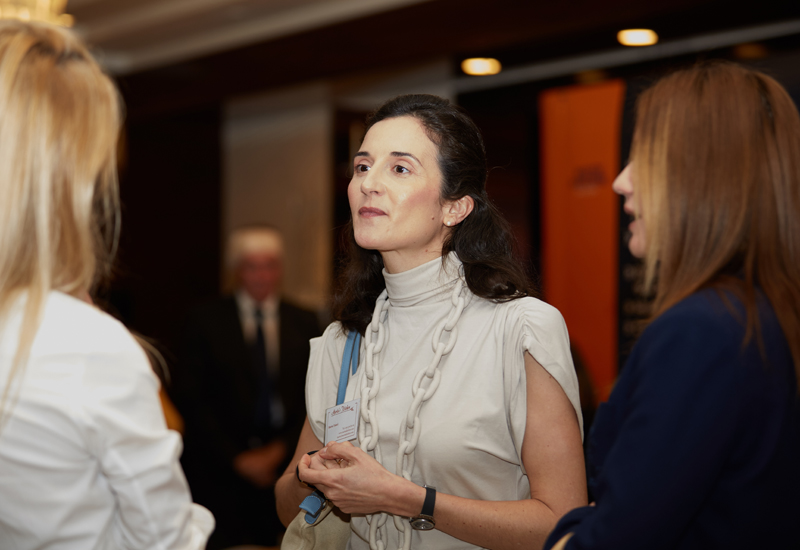Ahead of the Caterer Middle East Food & Business Conference on March 6, the expert panel met to discuss the issues and concerns facing the industry right now. From the supply of venues in the region to closures, and from the challenge of competing with developers to the legacy beyond Expo 2020, everything was on the table. Here’s a snapshot of the discussions tabled.
Duelling with developers
There are a number of developers working on massive real-estate projects in the region, and there are a number of specific challenges that accompany this trend. Gates Hospitality CEO Naim Maadad pointed out that restaurateurs shouldn’t be competing with developers who launch their own chocolate shop or café. “I can’t compete with them,” he said, frankly.
Alghanim Industries VP food & beverage Phil Broad commented that the bigger challenge is that Dubai is now a mature market, rather than a growth market, and that rent is the biggest issue in this market. “Landlords have not yet realised it’s now mature. You can’t even get rent-free with big developers now, they won’t talk about fit-out being rent-free. It’s just madness in any part of the world that you have to pay rent even before you open the door,” he noted.
The Maine Oyster Bar & Grill founder and managing partner Joey Ghazal believed that the tipping point is going to come from big developers “because you’re going to end up having people that just can’t survive, paying AED600 (US$163) per square foot”. Another roadblock is in the size of spaces being leased — which dictates the investment amount. With minimum sizes of 4,000-6,000 square feet being offered by developers, restaurateurs are looking at millions of dollars of investments – obviously not feasible for many an entrepreneur. Whereas, Ghazal pointed out, developers should actually be creating smaller spaces where younger entrepreneurs can create interesting concepts. That, of course, then raises logistical challenges around power and water usage. “What that says to everyone is that there’s a minimum investment to get into the market in Dubai of one to two million dollars, and that’s a lot of money to lose,” commented Ghazal. He lauded Dubai Design District as a landlord that has been giving leeway to its tenants over rent.
Jumeirah Restaurant Group general manager Emma Banks, however, said that developers are becoming more cognisant about this issue, and are doing something about it. The challenge, however, Ghazal said, was to “take everything that we do and compact it into half the space” due to current regulations on how kitchens and back-of-house services should be designed.
Discussions over the failure rate of F&B venues was, inevitably, raised, and Maadad commented that the adage of ‘build it and they will come’ doesn’t work with restaurants anymore due to the saturation in the market. Keane Brands group strategy director Stefan Breg dryly commented that it’s “an unreal world here, in a way” with some people willing to invest without worrying about getting a return.
“You don’t have the laws of natural selection working here, where the bad operators get flushed out. That’s bad for the city,” he added.

| Advertisement |










 Search our database of more than 2,700 industry companies
Search our database of more than 2,700 industry companies









